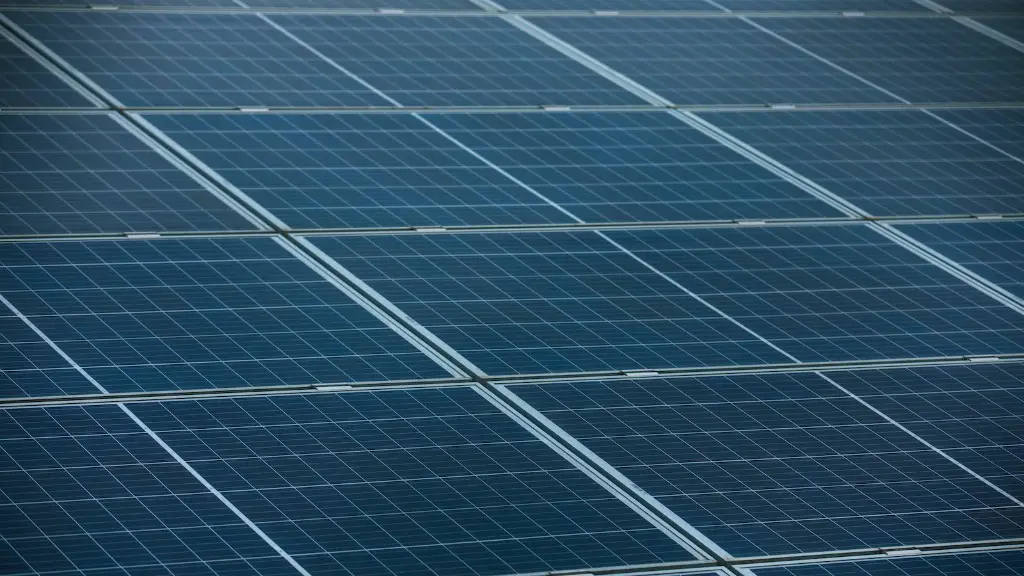Global warming is an urgent scientific and environmental concern with far-reaching climate change implications for the entire planet. A major source of this climate change is the rise of the world’s sea level, which has caused considerable physical and economic damage to coastal areas in several countries. But the question of just how much will the sea level rise due to global warming is an important one.
Recent research suggests that sea levels are projected to rise by between 26 and 82 cm over the next century, depending on the degree to which global average temperatures increase. This range of sea level rise, while significant, is less than what it could have been without the steps taken by the international community to mitigate the effects of climate change. The best estimates in the latest Intergovernmental Panel on Climate Change (IPCC) report suggest that an increase of 28 to 98 cm could be expected over the same period following an uncontrolled or “business as usual” scenario. In such an extreme case, the countries most often affected would be low-lying island nations and countries on the world’s coasts.
The increase in sea level could be expected to cause a variety of negative impacts, including flooding of coastal cities, bigger and more frequent storms, and salinization of underground water sources. The cost of such physical damages could easily reach into the billions. In addition, more and more vulnerable countries may face a need for forced mass-migration and displacement of people due to their inability to cope with the effects of rising sea levels.
Luckily, it’s not all bad news. There are several actions that can be taken to improve preparedness and reduce the risk of negative consequences from sea level rise. Policy makers and individuals alike can help to reduce global warming by reducing their carbon footprints and promoting sustainable development. Additional measures such as the implementation of shoreline protection systems, and the development of disaster-resistant infrastructure, can also be used to reduce the risks associated with rising sea levels.
It’s become increasingly clear that rising sea levels due to global warming is a real threat. Ahead of the Paris Agreement, the global community must take the necessary steps to mitigate climate change by reducing the amount of greenhouse gases being released into the atmosphere. However, some countries may already be feeling the effects of sea level rise, so it is important to take measures to prepare for the future as well.
Much of this can only be done through a collaborative effort from governments, individuals, and corporations to reduce the Earth’s temperature and to build stronger defences against sea level rise. Moreover, knowledge and understanding of the impacts of these phenomena must be shared and disseminated to help individuals and communities to prepare for an uncertain future.
Ultimately, to protect the world’s most vulnerable countries, it is essential to take action now to limit the extent of future sea level rise. By taking a proactive approach and implementing measures to reduce global warming, it is possible to reduce the negative impacts of climate change and create a more resilient and sustainable environment for future generations

